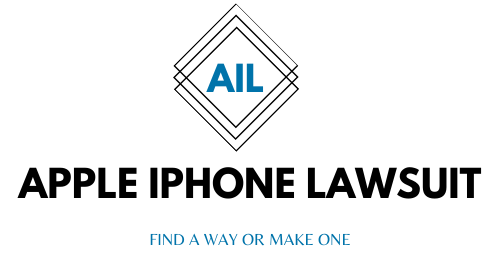In the rapidly evolving landscape of cannabis consumption, the emergence of THC disposable vapes, particularly Delta 8 variants, has stirred both excitement and confusion among consumers and regulators alike. As these products gain popularity, delving into their legal status and the regulatory framework surrounding them becomes imperative.
The Rise of Delta 8 Disposable Vapes
Delta 8 THC, a cannabinoid found in the cannabis plant, has gained attention for its purported milder psychoactive effects compared to its more well-known counterpart, Delta 9 THC. This distinction has led to the development of Delta 8 disposable vapes, providing users with a convenient and discreet way to consume THC.
Legal Ambiguity: The Thorny Issue
One of the primary challenges surrounding Delta 8 disposable vapes is the ambiguity in their legal status. While Delta 8 THC is often derived from hemp, which was legalized federally with the 2018 Farm Bill, its psychoactive nature has raised questions about its classification under existing regulations.
Federal Regulations: Navigating the Patchwork
The legality of Delta 8 THC products hinges on various factors, including their source and the concentration of Delta 9 THC present. The Drug Enforcement Administration (DEA) has indicated that synthetically derived THC is considered a Schedule I controlled substance, whereas naturally occurring THC from hemp is not explicitly mentioned.
State-Level Considerations: Divergent Approaches
States have adopted diverse approaches to regulating Delta 8 disposable vapes, with some embracing their sale and consumption, while others have moved to restrict or ban them altogether. This patchwork of regulations adds complexity to the legal landscape, requiring consumers and businesses to navigate a maze of differing rules and restrictions.
Quality and Safety: Ensuring Standards
Amidst the legal uncertainties, ensuring the quality and safety of Delta 8 disposable vapes remains paramount. Responsible manufacturers adhere to rigorous testing standards to guarantee the absence of harmful contaminants and accurate labeling of cannabinoid content. Consumers are encouraged to purchase from reputable brands that prioritize transparency and quality control.
Looking Ahead: The Need for Clarity
As the popularity of Delta 8 disposable vapes continues to soar, there is a growing call for clarity in regulations at both the federal and state levels. Clear guidelines would not only provide certainty for businesses but also ensure the protection of consumers by establishing standards for product quality, safety, and labeling.
Conclusion
In the realm of THC disposable vapes, particularly Delta 8 variants, navigating the legal landscape can feel akin to wandering through a fog. While federal regulations and state laws evolve, consumers and businesses must stay informed and advocate for clear, comprehensive guidelines. We can forge a path forward that balances innovation with accountability through collaboration and dialogue, ensuring a safe and responsible cannabis market for all.
